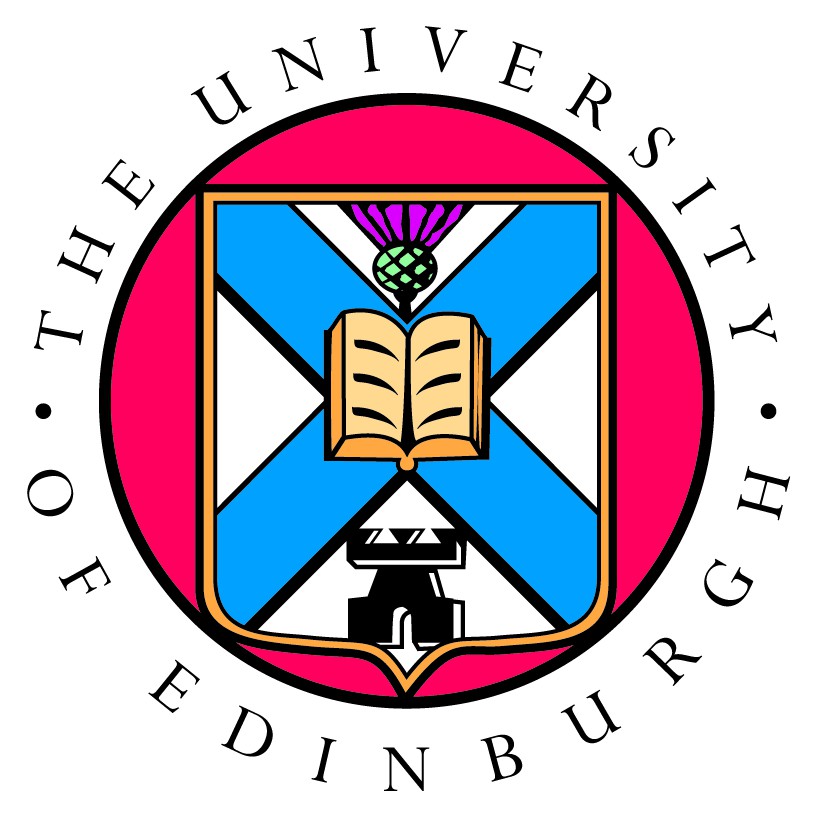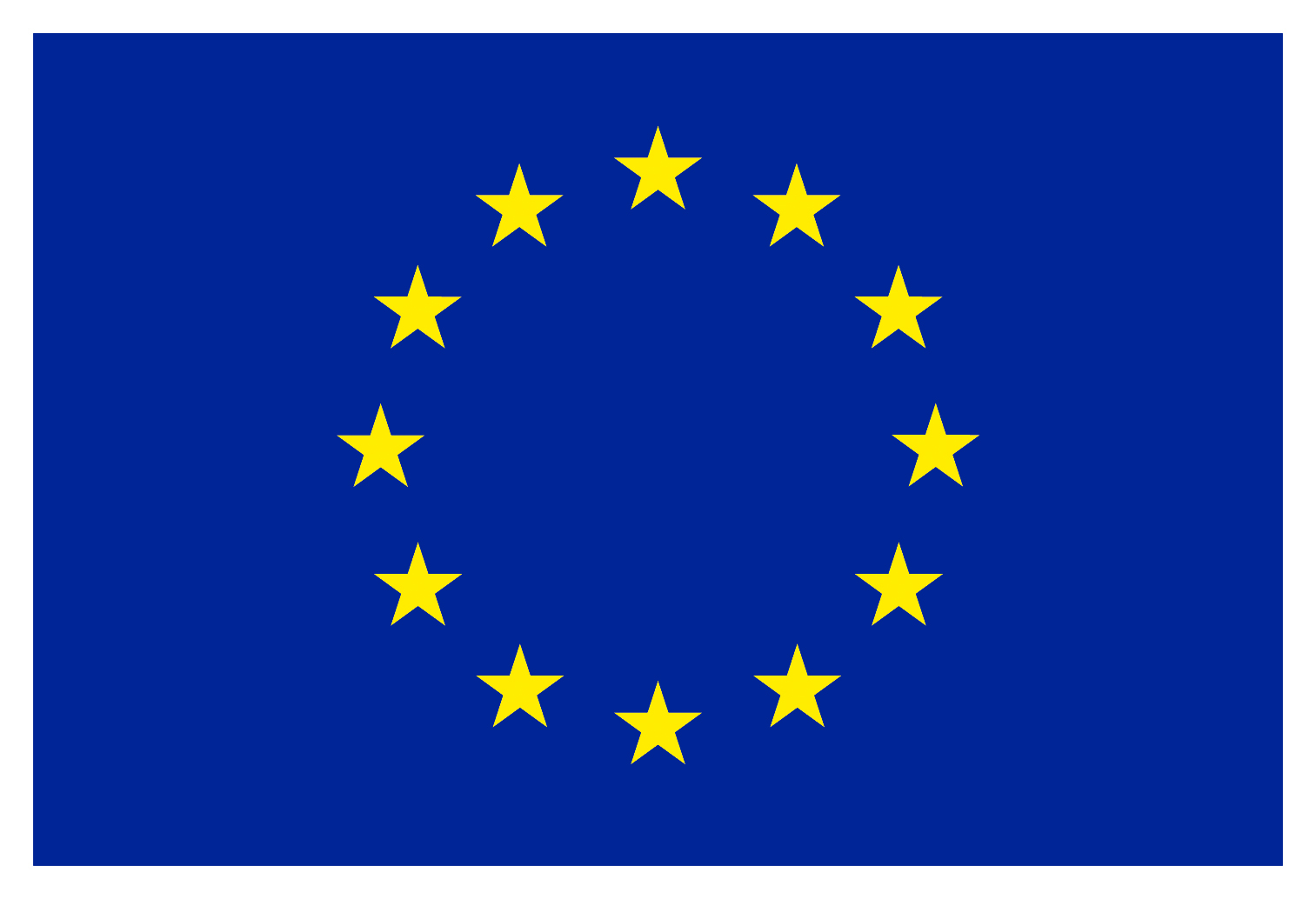To access the detailed programme, please click on the following link:
Links to individual presentations are available below.
Session 1: Scientific Networking
Alasdair Mac Arthur (Univ. of Edinburgh, UK): “An introduction to COST Action ES1309 OPTIMISE”
Timo Vesala (Univ. of Helsinki, Finland): “ICOS – From Science Projects to Integrated Infrastructure”
Nicholas Coops (Univ. of British Columbia, Canada): “Use of Innovative Remote Sensing Platforms and Networks for Vegetation Monitoring”
Edoardo Cremonese (ARPA, Valle d’Aosta, Italy): “Linking near-surface remote sensing of plant phenology to ecosystem functioning: current state and perspectives from PhenoCam networks”
Natascha Kljun (Swansea University, UK): “The Flux Footprint Prediction – Online Tool”
Stefan Metzger (NEON, USA): “NEON: from scientific strategy to long-term operation” (full keynote lecture available here!)
Session 2: Spectral data: from collection to databases
Laurie Chisholm (Univ. of Wollongong, Australia): “Instruments, spectral data management and protocols”
M. Pilar Cendrero-Mateo (Univ. of Valencia, Spain), Javier Pacheco-Labrador (MPI Jena, Germany), Helge Aasen (ETH Zürich, Switzerland): “Introduction to OPTIMISE review papers: Sun-Induced Chlorophyll Fluorescence – from instrument characterization and measurement protocols to retrieval methods”
Javier Pacheco-Labrador (MPI Jena, Germany): “Instrumental considerations for the measurement of sun induced fluorescence”
Laura Mihai (INFLPR, Romania): “Protocols for field spectrometers spectral and radiometric calibrations”
Helge Aasen (ETH Zürich, Switzerland): “Measuring sun-induced fluorescence at different scales: a review on instruments, measurement setups and protocols at leaf and canopy scale” and “The state-of-the-art of UAV remote sensing survey”
Shari Van Wittenberghe (Univ. of Valencia, Spain): “Ecosystem spectral measurements: best practice metadata/ancillary dataset”
M. Pilar Cendrero-Mateo (Univ. of Valencia, Spain): “Ground measurements of Solar-induced chlorophyll fluorescence: retrievals methods and practical cases”
Paul Näthe (FZ Jülich, Germany and JB Hyperspectral Devices, Germany): “Exploiting top of Canopy Sun Induced Chlorophyll Fluorescence by the FloX. From Instrument performance to data processing”
Simon Trim (Univ. of Zürich, Switzerland): “FloX integrated data flow: from tower to database”
Luis Alonso (Univ. of Valencia, Spain): “Passive SIF measurements at leaf level”
Session 3: Unmanned Aerial Vehicles (UAVs) for vegetation monitoring
Pablo Zarco-Tejada (European Commission, JRC, Italy): “Plant physiological traits from high resolution hyperspectral and thermal imagery: models and indices for early stress detection”
Enrico Tomelleri (Free Univ. of Bozen, Italy): “Inversion of PROSAIL model from UAV-borne data”
Alasdair Mac Arthur (Univ. of Edinburgh, UK): “DFOV multi-spectrometer system for reflectance and fluorescence measurements from mobile and fixed platforms”
Helge Aasen (ETH Zürich, Switzerland): “Non-imaging (ground) and imaging (UAV) measurements differ due to different specific field of views”
Julia Kelly (Swansea University, UK): “Testing the performance of a UAV thermal camera”
Denis Nikolaev (EMLID, Russia): “RTK GNSS for UAV mapping”
Marco Dubbini (Univ. Bologna, Italy): “Comparison of proximity VIS-NIR data acquired with MAIA sensor on 8 WorldView2 bands and 9 Sentinel2 bands”
Michał Chiliński (Univ. of Warsaw, Poland): “Correlation between vegetation indices and ant populations – spectral measurements from UAV”
Miriam Machwitz (Luxembourg Institute of Science and Technology, Luxembourg): “UAV based estimation for total nitrogen uptake”
Shawn C. Kefauver (Univ. of Barcelona, Spain): “UAV Phenotyping and Proximal Sensing for Maize Assessments in Breeding Programs”
Kadmiel Maseyk (The Open University, UK): “Forest response to elevated CO2 from UAV-based measurements of Solar Induced Fluorescence”
Session 4: Reflectance and fluorescence to better understand plant functioning and ecophysiological processes
Uwe Rascher (FZ Jülich, Germany): “FLEX (FLuorescence Explorer) and ground based approaches to map and better understand the dynamcis of sun-induced fluorescence and photosynthesis”
Kaiyu Guan (Univ. of Illinois, USA): “Harnessing satellite big data for predicting food production”
Lars Eklundh (Lund University, Sweden): “OPTIMISE data for understanding phenology and carbon cycling”
Giulia Tagliabue (Univ. of Milano-Bicocca, Italy): “Linking sun-induced fluorescence and photosynthesis in a forest ecosystem”
Georg Wohlfahrt (Univ. of Innsbruck, Austria): “Gross primary productivity during a heat wave – putting sun-induced fluorescence to the test”
Petya Campbell (Univ. of Maryland Baltimore County, USA): “Comparing the diurnal and seasonal dynamics in chlorophyll fluorescence and xanthophyll cycle, associated with photosynthetic function for two vastly different canopies”
Session 5. Vegetation modeling
Christiaan van der Tol (Univ. of Twente, The Netherlands): “SCOPE for retrieving plant traits from reflectance and solar induced chlorophyll fluorescence”
Jochem Verrelst (Univ. of Valencia, Spain): “Progress in ARTMO: from physical modeling towards machine learning interpretation”
Mirco Migliavacca (MPI Jena, Germany): “Inform terrestrial biosphere models with hyperspectral remote sensing and CO2 fluxes”
Nastassia Rajh Vilfan (Univ. of Twente, The Netherlands): “Retrieving photosynthesis from leaf chlorophyll fluorescence and green reflectance”
Marco Celesti (Univ. of Milano-Bicocca, Italy): “Analysis of short-term vegetation dynamics combining hyperspectral measurements and RTMs inversion”
Peiqi Yang (Univ. of Twente, The Netherlands): “Linking canopy scattering of sun-induced chlorophyll fluorescence with reflectance”
Sheng Wang (Technical Univ. of Denmark, Denmark): “Temporal interpolation of rapidly changing land surface variables estimated from an Unmanned Aerial System“





